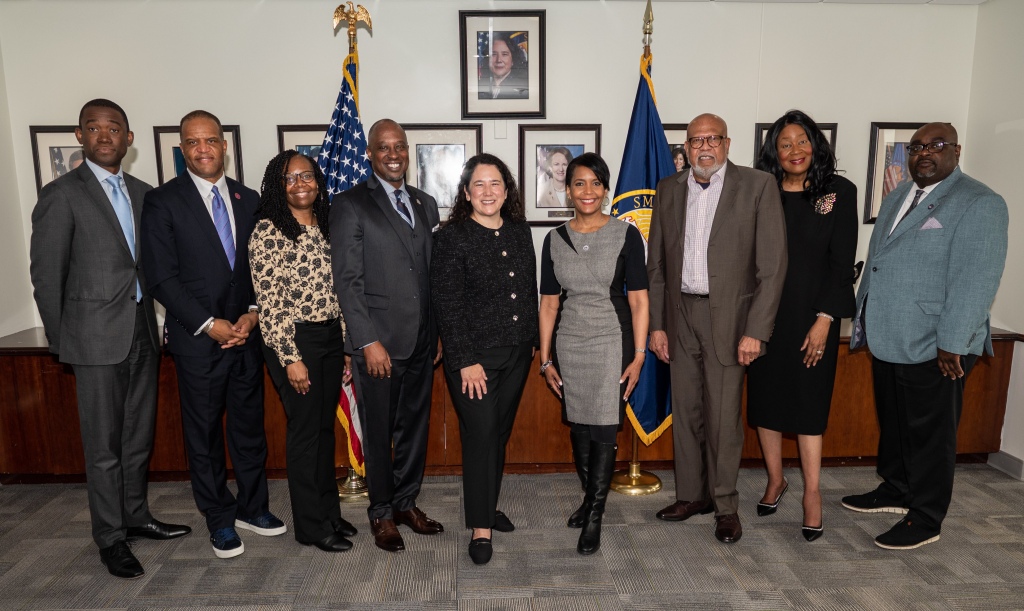
Operation HOPE CEO John Hope Bryant Joins SBA Administrator Isabella Guzman and U.S. Deputy Secretary of the Treasury Wally Adeyemo to Lead Roundtable Discussion with Black Leaders on Advancing Black Entrepreneurship
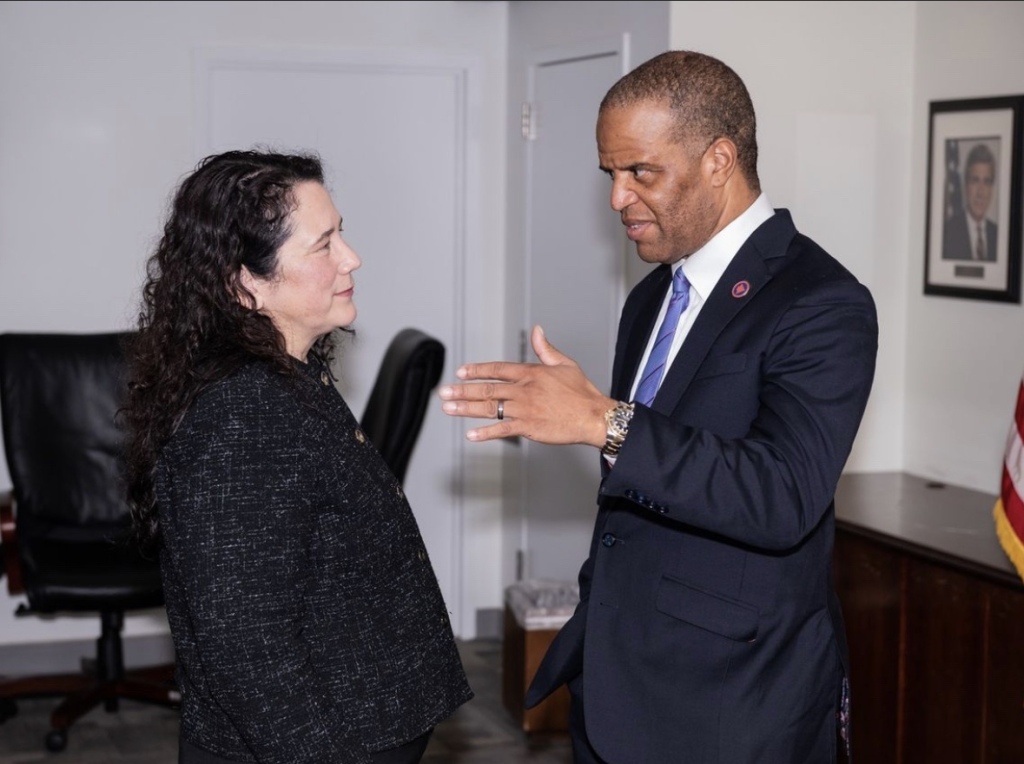
ATLANTA, March 1, 2023 /PRNewswire/ — Operation HOPE, Inc., the nation’s largest non-profit dedicated to financial empowerment for underserved communities, joined Administrator Isabella Casillas Guzman, head of the U.S. Small Business Administration (SBA), and US Deputy Secretary of the Treasury (Treasury) Wally Adeyemo, to lead a roundtable discussion focused on advancing Black entrepreneurship. Several prominent leaders from the public and private sectors also participated, including White House Senior Advisor for Public Engagement, former Atlanta Mayor Keisha Lance Bottoms.
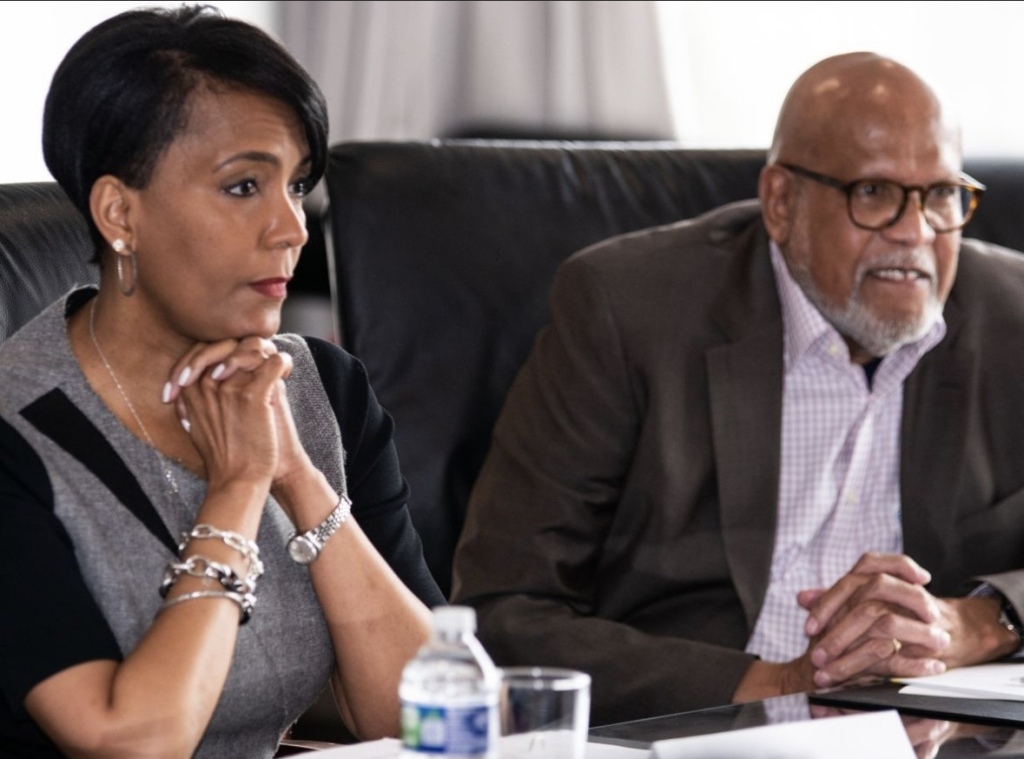
The roundtable also recognized the anniversary of the founding of the Freedman’s Savings Bank by President Abraham Lincoln on March 3, 1865, which was commissioned to help formerly enslaved Black Americans participate in the free enterprise system. At the suggestion of John Hope Bryant, Founder, Chairman and CEO of Operation HOPE the Treasury Annex building was renamed in 2015.
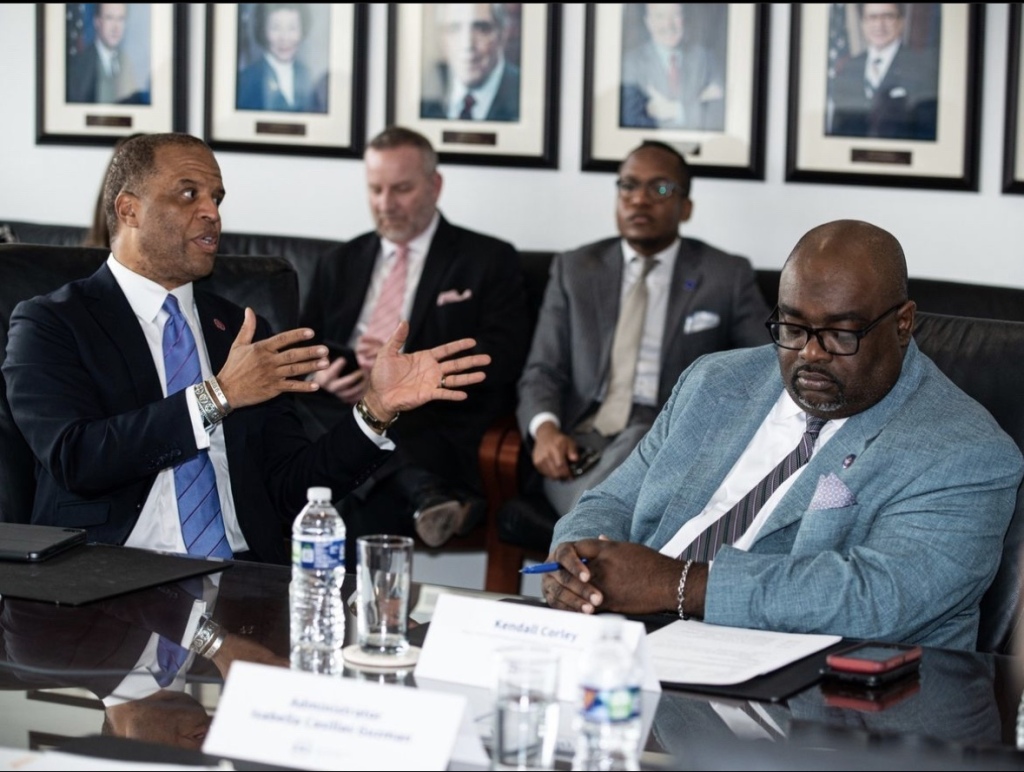
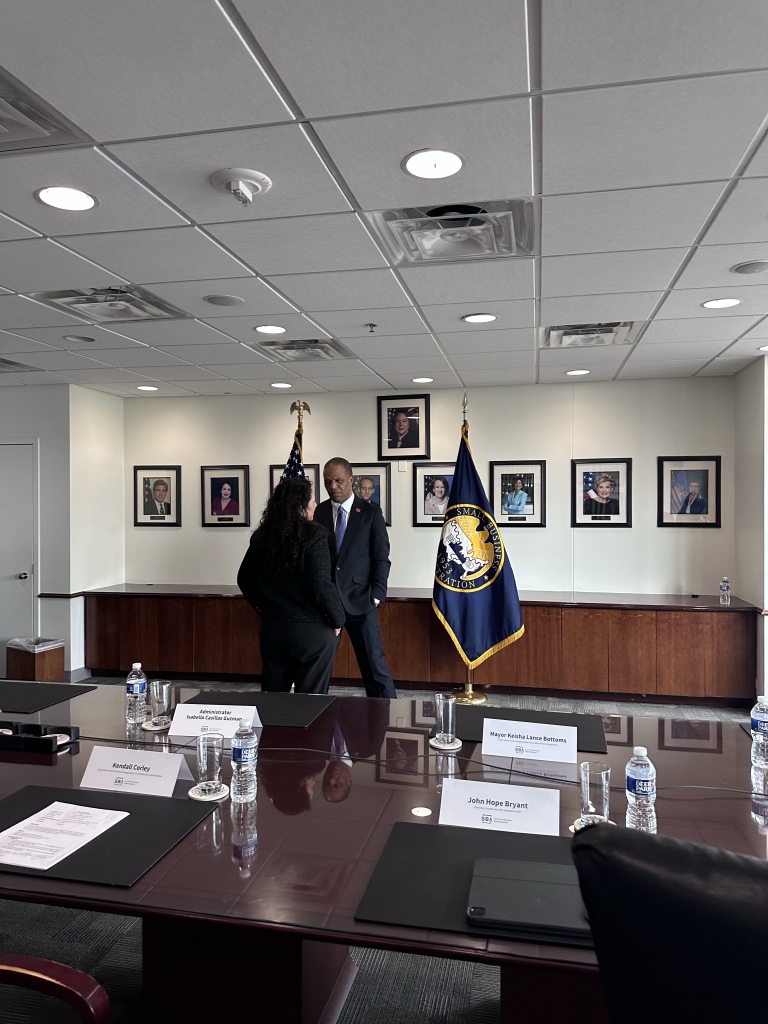
“The Freedman’s Bureau Act was the original small business program for formerly enslaved Black Americans, connecting assets – 40 acres and a mule – with capital and financial education through the Freedman’s Bank,” said Chairman Bryant. “At Operation HOPE, we are building on this legacy, having created 185,000 new Black businesses since 2020 under our 1 Million Black Business Initiative, of which the SBA has been a significant partner. We are grateful to Administrator Guzman and her team for their ongoing support.”
During the discussion, Bryant also highlighted data from the HOPE Financial Wellness Index, which reveals the disparities between neighborhoods located just five miles apart in the DC Metro area. By creating a path to sustainable entrepreneurship and increasing engagement in the no-cost HOPE 1MBB Initiative, the organization seeks to improve the overall financial wellness of Black communities. Participants agreed that the need for continued partnership between the federal government, private organizations, and community leadership can improve economic outcomes for all.
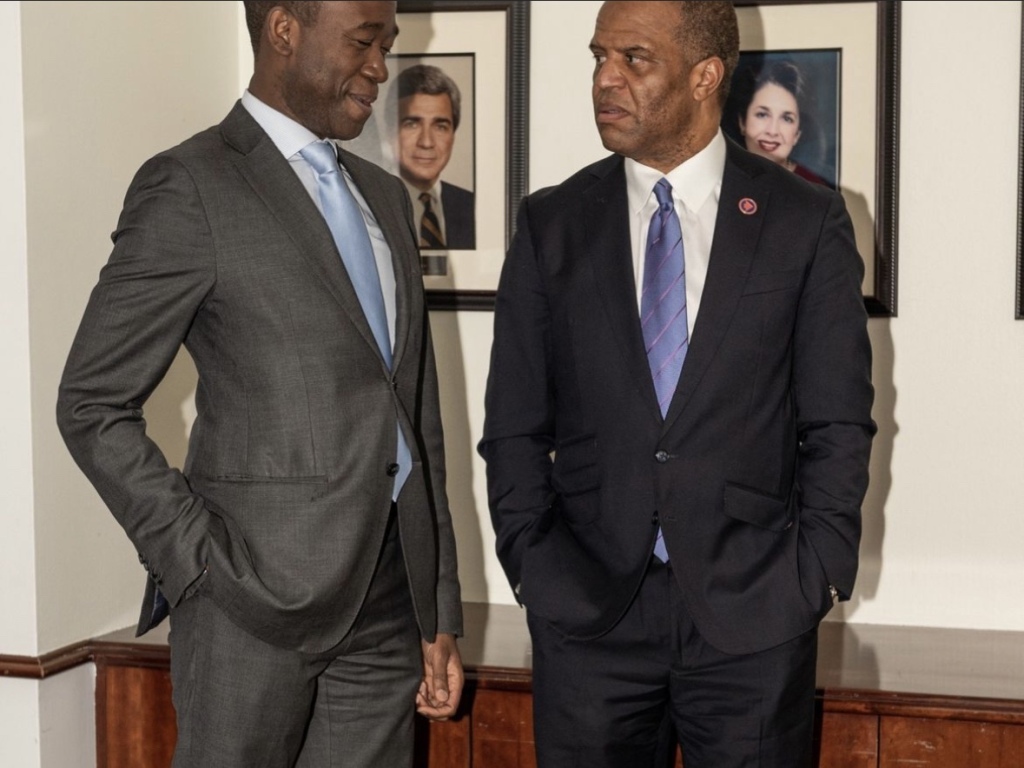
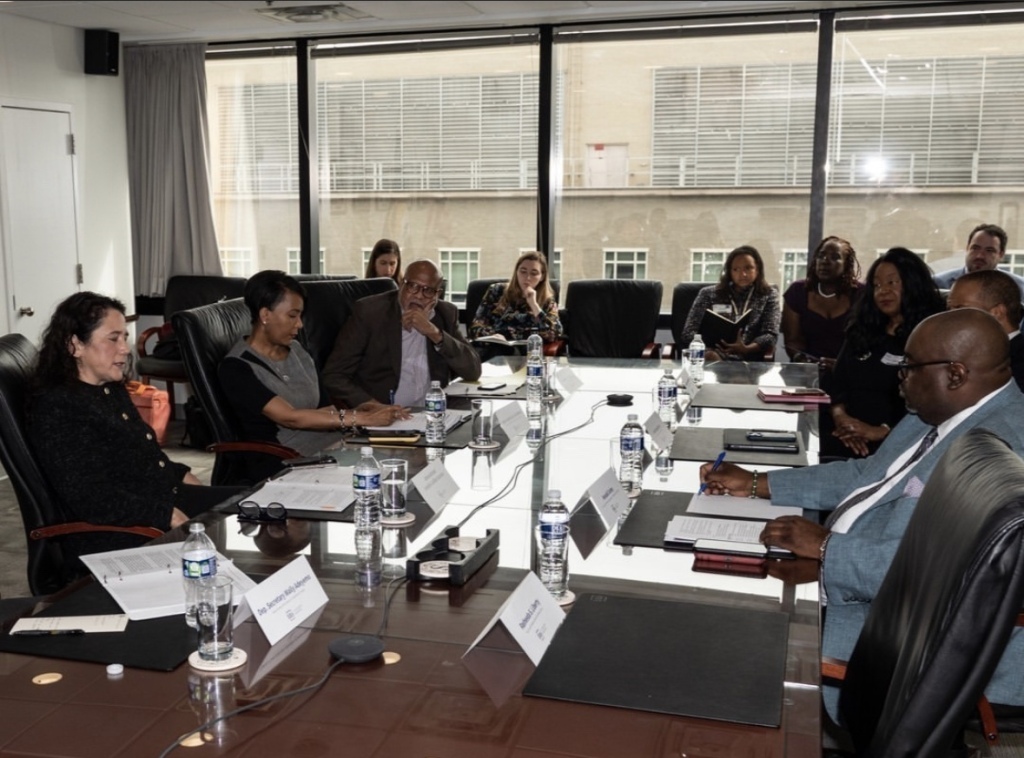
Additional roundtable participants included:
- Kendall Corley, Deputy Chief of Staff, U.S. Small Business Administration
- Rasheeda S. Liberty, Chair, Council of Presidents, National Pan-Hellenic Council (NPHC)
- Lenwood V. Long, Sr., President & CEO, African American Alliance of CDFI CEOs
- Ron Busby, President & CEO, U.S. Black Chamber of Commerce
- Stephanie E. DeVane, Vice President, Entrepreneurship & Business Development, National Urban League
“Yesterday’s convening brought top economic leaders from the Biden-Harris Administration together with some of America’s most important Black voices and civil society organizations to listen, strategize and advance solutions to close racial inequities that have limited our economy for centuries,” said Administrator Guzman. “This Administration is working tirelessly to deliver a long-promised economic transformation for Black Americans that dates back at least 150 years to the founding of Freedman’s Savings Bank by Congress. We must aspire to the ideals of that historic act and ensure pathways to prosperity through business ownership and capital access are open to all.”
“Freedman’s Bank was founded with the idea that our nation can, and will, live up to its promise of equality – which includes an economy that works for all Americans,” said Deputy Secretary of the Treasury Wally Adeyemo.
On the heels of Black history month, the discussion also provided the opportunity to map an actionable plan that widens the path to Black business ownership— a proven strategy for increasing wealth and creating new jobs.
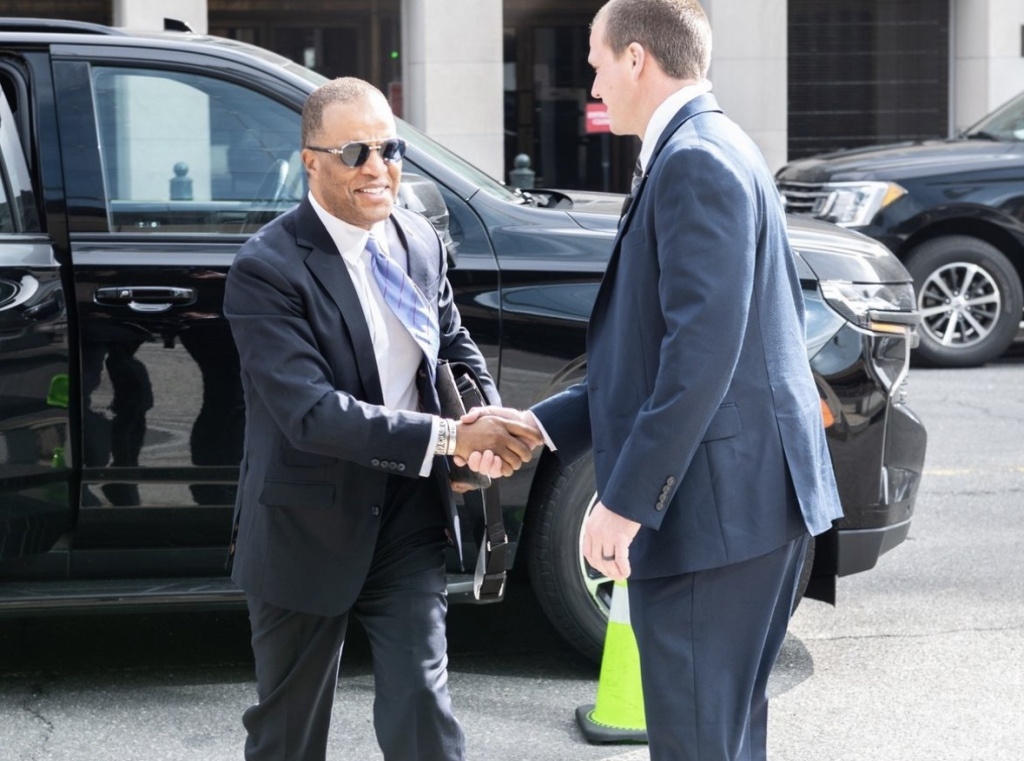
Click here for the full release.
